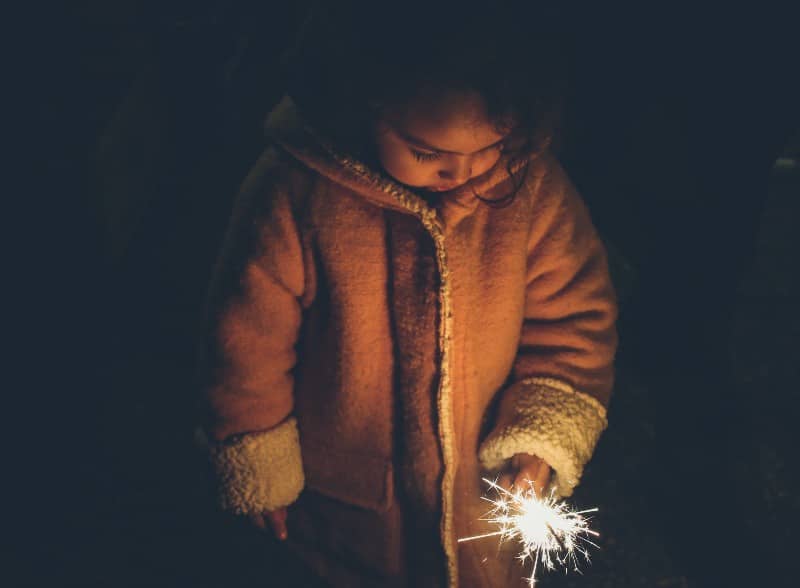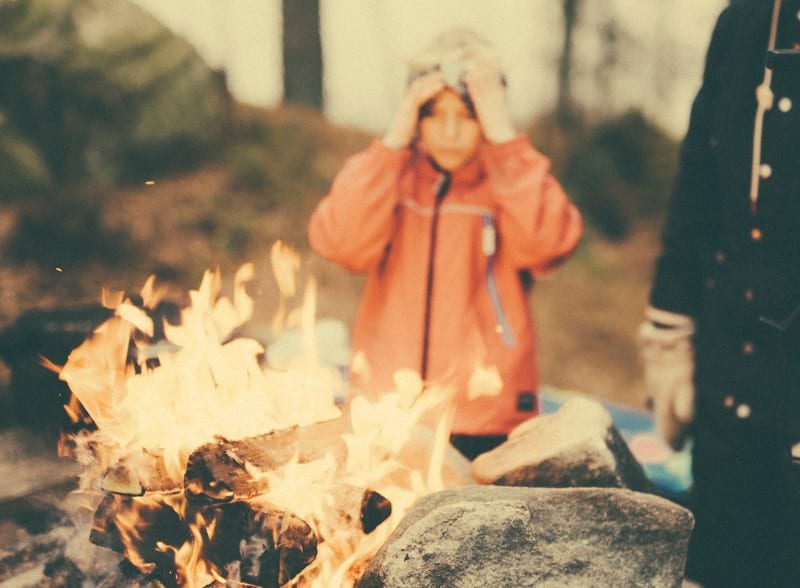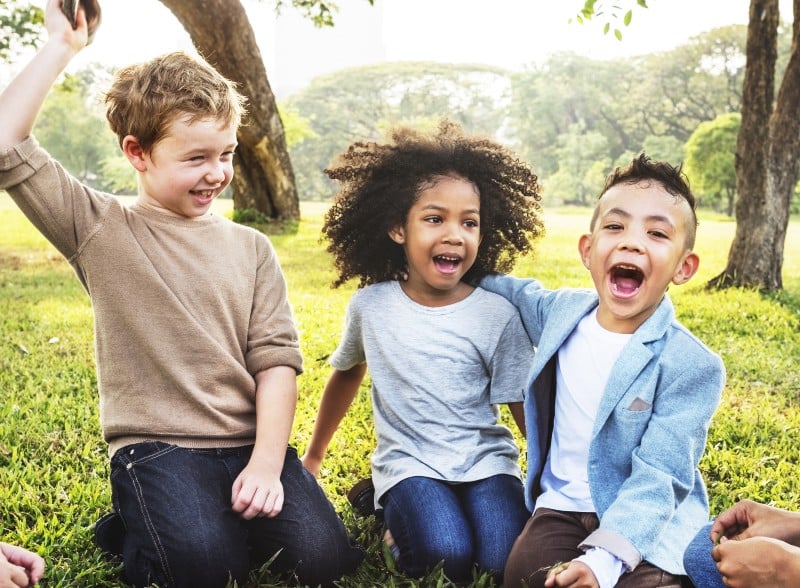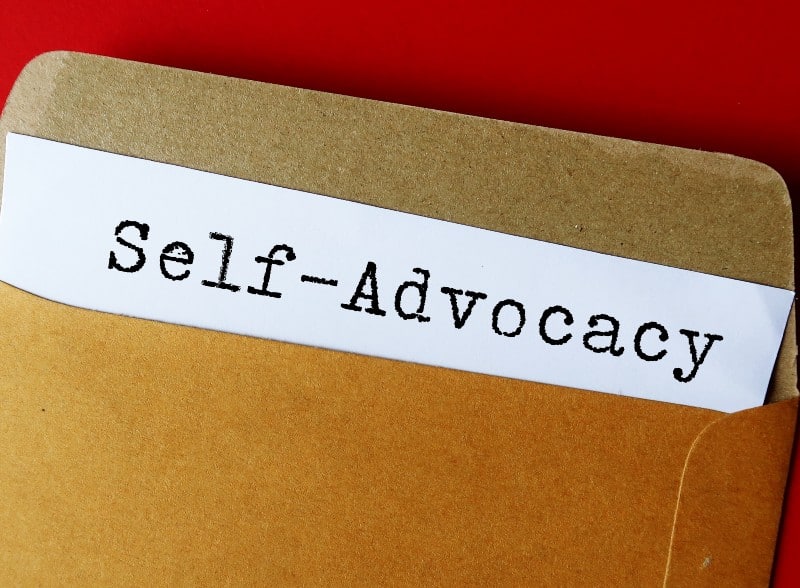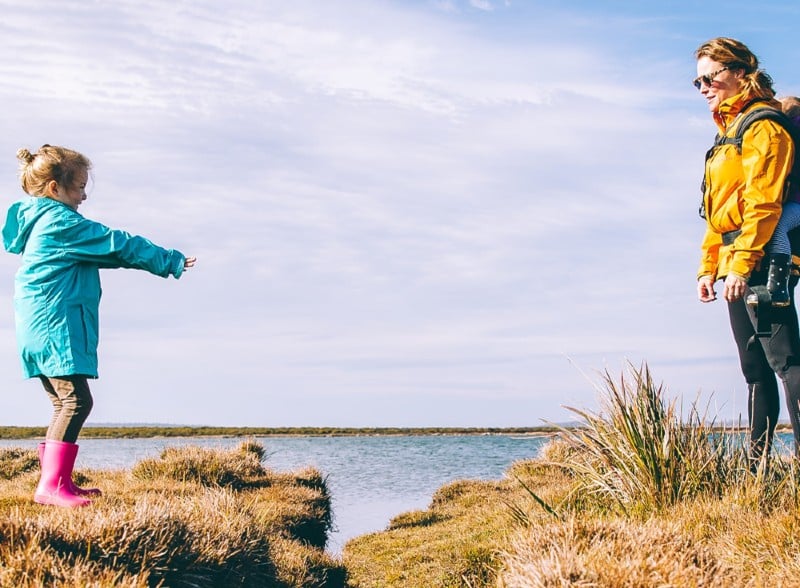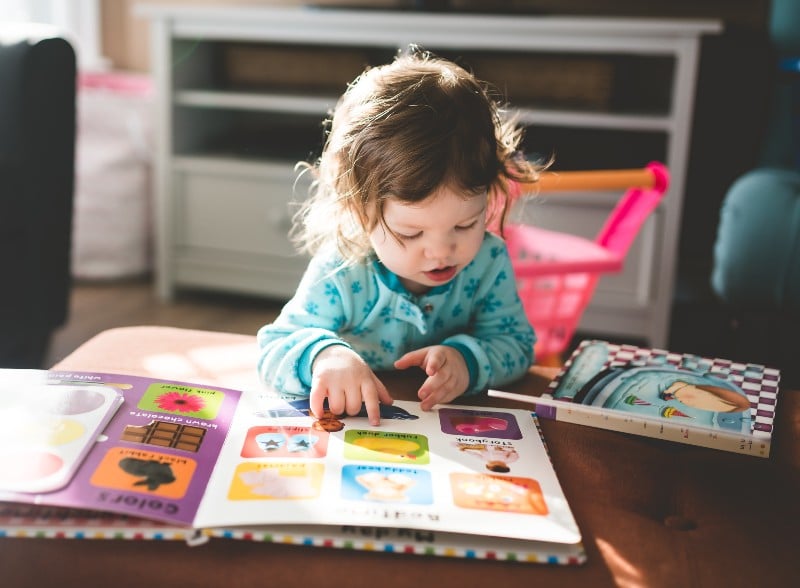
Bridging the Gap: What Scientists Know and What Parents Practise in Children’s Early Reading Development
Join us for an enlightening discussion about the disconnect between scientific research and parent practices when it comes to children’s early literacy development. Dialogic reading and other evidence-based literacy practices have been widely acclaimed by experts for nearly 30 years, yet many parents are still not implementing these methods at home. We’ll dive into the literary landscape of children’s early literacy development and the crucial role of sensitive parenting during parent-child reading. Through the perspectives of 21 British parents from diverse backgrounds, we’ll explore their views on the best ways to teach children to read. Don’t miss this opportunity to gain a deeper understanding of the gap between research and practice in early literacy and learn how parents, teachers, and scientists can bridge it together.



